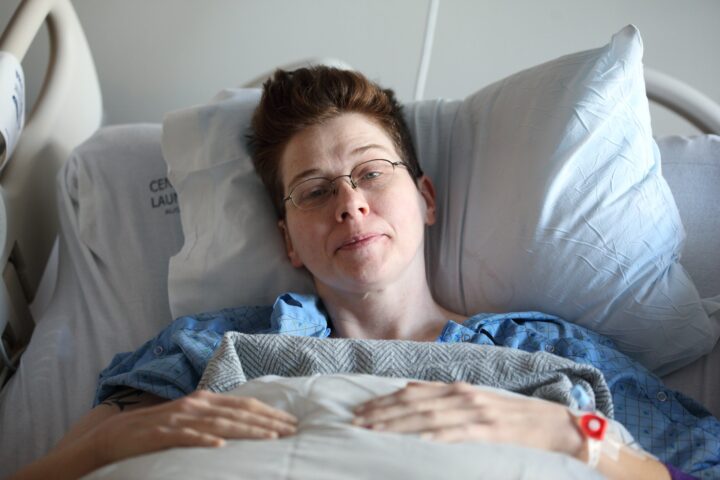Beyond the Operating Room: How to Ensure a Quick & Healthy Recovery
A successful surgical procedure should mark the beginning of a patient’s journey toward good health. But while the operation itself is crucial, what happens beyond the operating room plays a vital role in ensuring a quick and healthy recovery. In this blog post, we will explore the key factors that contribute to a successful recuperation and provide a few tips to optimize your healing process.

Preparing for a Smooth Transition
Before undergoing surgery, it’s essential to make the necessary arrangements to ensure a smooth transition into the healing phase. This involves arranging for post-surgery support, including a caregiver or family member who can assist with daily activities and provide emotional support during the initial stages of recuperation.
Sticking to Postoperative Instructions
Following your surgeon’s postoperative instructions closely is important for a speedy recovery. These instructions typically include guidelines on wound care, medication management, physical activity restrictions, and dietary recommendations. By strictly sticking to these instructions, you can reduce the risk of complications and promote optimal healing.
Pain Management Strategies
Pain management plays a significant role in facilitating a comfortable and efficient recovery. Communicate openly with your healthcare team about your pain levels, as they can make a suitable pain management plan for you.
This may involve a combination of medication, physical therapy, relaxation techniques, or alternative therapies to alleviate discomfort and enhance your recuperation process. If you find there are unnecessary complications at this point of your healing process, then you may be in need of an experienced medical malpractice attorney to guide you through making things right, the legal way.
Optimal Diet for Healing
Proper nutrition is a cornerstone of a healthy recovery, so do your best to focus on a well-balanced diet rich in essential nutrients, including lean proteins, whole grains, fruits, and vegetables. Adequate protein intake is particularly important, as it aids in tissue repair and supports the immune system. Consult a registered dietitian for personalized dietary recommendations tailored to your specific needs.
Prioritizing Rest and Sleep
One often overlooked but critical aspect of a healthy recovery is getting enough rest and sleep. Your body needs lots of time to heal and regenerate tissues, so make sure you give yourself enough time for quality sleep each night and create an environment that promotes relaxation. Additionally, listen to your body and allow yourself regular periods of rest throughout the day. Adequate rest and sleep can aid in reducing fatigue, boosting immune function, and supporting overall recuperation efforts.
Gradual Physical Activity
Engaging in appropriate physical activity is crucial for a successful recovery. Depending on your surgery, your healthcare team will provide guidelines regarding when and how to resume regular activity. Follow these instructions closely, starting with gentle exercises and gradually increasing intensity as advised. Physical activity promotes blood circulation, strengthens muscles, and aids in the recuperation process.
While surgical procedures often mark the beginning of the healing process, what happens beyond the operating room is just as important. By following a few of the tips laid out for you above, you can promote a quick and healthy recovery. Remember, every individual’s recovery journey is unique, so consult with your healthcare team for personalized advice and support throughout the process.


